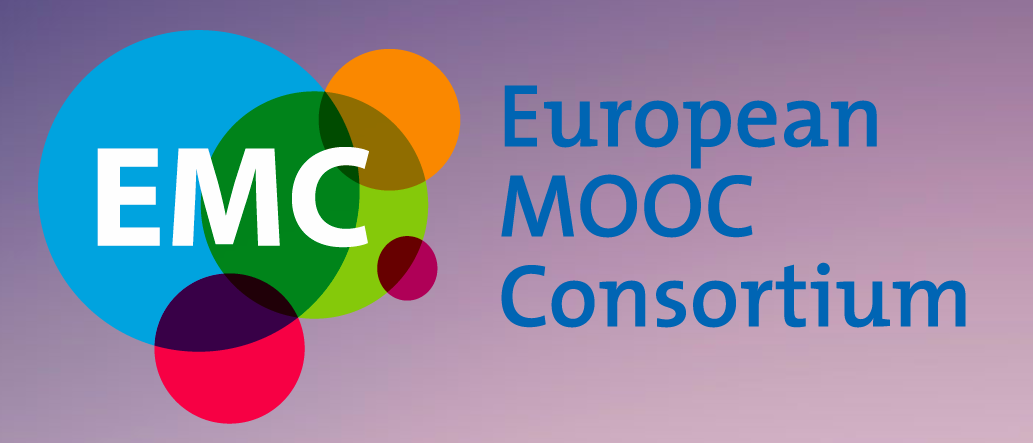 <Image http://www.flickr.com/photos/myklroventine/3448372653/>
<Image http://www.flickr.com/photos/myklroventine/3448372653/>
This post reblogged from: http://nogoodreason.typepad.co.uk/no_good_reason/2013/09/futurelearn-the-role-of-moocs.html
If you’re working in higher ed in the UK you will no doubt have seen that FutureLearn had its beta launch last week. Some disclosure – FutureLearn is owned by the OU & I’ve been partially involved in its development, so I’m probably not a completely objective commentator. Needless to say, what follows is just my opinion and not an official OU/FL one.
The first thing to note about the FutureLearn launch is that it launched. This is no mean feat. To get all those partner universities to sign an agreement on something quite vague, to develop a platform from scratch and to get good quality courses created for a platform that didn’t exist involves an incredible amount of negotiation, hard work and good will from all parties. My small involvement with the project is that we have a weekly one hour meeting with the lead developer where we feed in advice and research. I’ve found them to be very smart and willing to take stuff on board. It hasn’t felt like an antagonistic or us and them relationship. And I know where I speak of here, having been involved in the UK eUniversity, which became mired in contracts and stalled development.
So, getting FutureLearn launched in a decent state is the higher ed equivalent of hosting the Olympics successfully. We’re often criticised in higher ed for not being able to deliver so we ought to recognise it when someone does.
I know some people are down on FutureLearn, and I can appreciate why. It’s a backlash to all the MOOC hype. I think it is important to maintain a critical standpoint particularly when commercial interests are trying to undermine existing practice to create a market for their own solutions. But I don’t want to find myself in the position where I’m arguing that making good quality, well designed learning content available for free is a bad thing.
The MOOC hype is settling down now, and I feel that FutureLearn is really an indication of what it may well end up being. Forget the “end of universities as we know them” rhetoric, ignore the “all education will be this way one day” commercial wet dream – MOOCs will be as OERs. And that’s a good thing. OERs are now available from providers all over the globe, they make a big difference to the way many people work. But they haven’t really fundamentally changed what we do in education, they’ve allowed new models and enhanced others.
Now if you’re a venture capitalist this is bad news, you’ve sunk millions into a MOOC company, you need it to entirely revolutionise education, so you can own a big chunk of it. But if you’re a university this is good news. Martin Bean, quite rightly in my view, pitched MOOCs as a shop-window. That’s a sustainable business model for universities. We’ve found that OpenLearn is more or less sustainable now as a recruitment channel. This talk of business models may not be as altruistic or as revolutionary as radical MOOCers would like, but I think it’s a good model with benefits on both sides. If a million learners every year get to experience some good online teaching material, and a smallish percentage of these then go on to study other MOOCs, or enter formal education, that’s a positive outcome for universities, society and the individual learners. It probably isn’t a model that will get venture capitalists excited though.




Leave A Comment